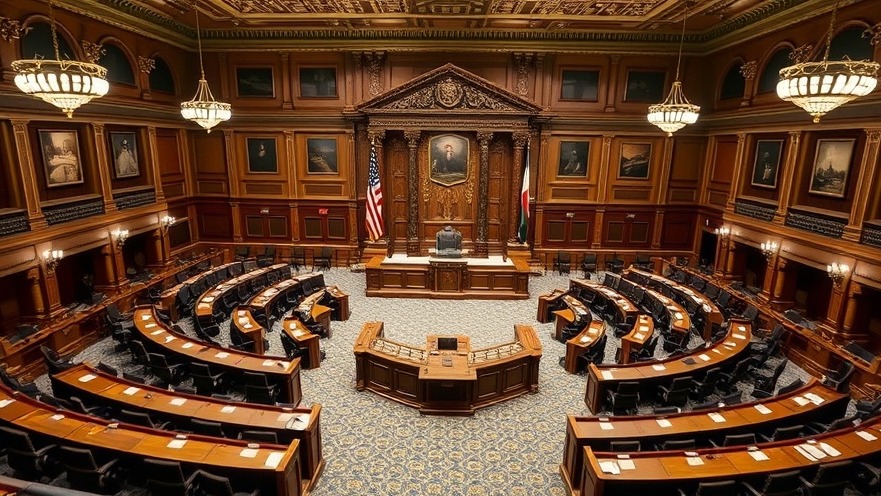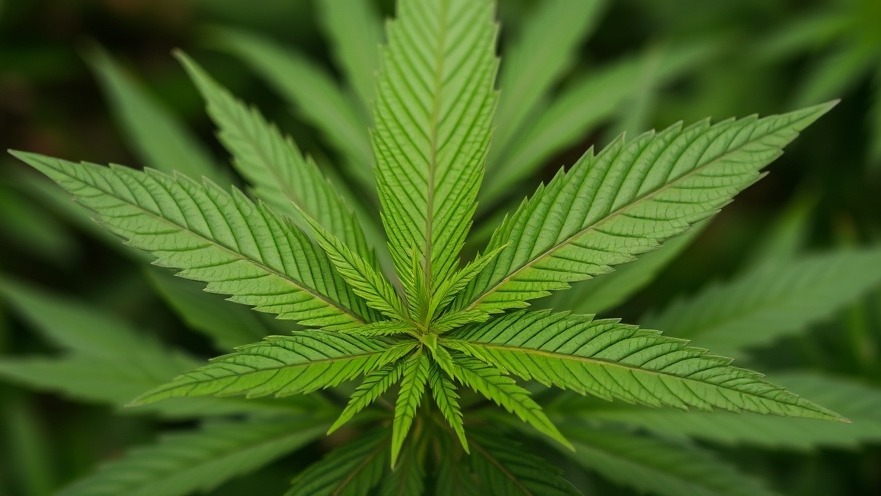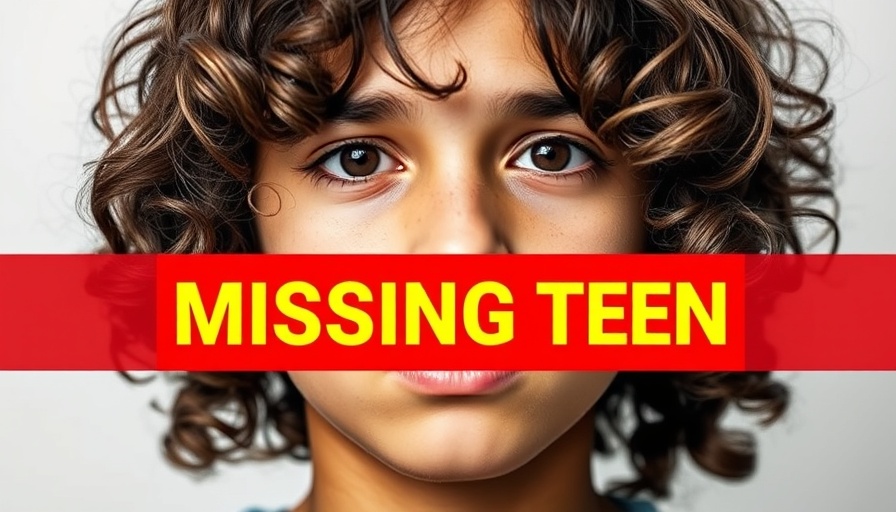
Gov. Greg Abbott Calls Special Legislative Session: What You Need to Know
In a significant political move, Texas Governor Greg Abbott has called a special legislative session set to begin on July 21, 2025, after vetoing a total of 26 bills last Sunday. Among the critical measures on the agenda is Senate Bill 3, which proposed a ban on hemp products containing THC in Texas, a topic that has garnered considerable public interest and debate.
Understanding the Vetoes: What Was at Stake?
The vetoed bills included measures on various topics, such as water rights, human trafficking defenses, and even regulation of cement kilns near semiconductor manufacturing facilities. Abbott’s decision to veto these bills came amid pressures and political maneuvering, including calls from former President Donald Trump to redraw congressional district maps in anticipation of the upcoming midterm elections.
While Abbott publicly justified the vetoes, many lawmakers and citizens are left questioning the reasoning behind rejecting bipartisan efforts, especially when bills like House Bill 413 aimed to reform pretrial detention practices in Texas. This bill had passed overwhelmingly, suggesting a consensus among a majority of legislators on the necessity of reforming the current justice system.
The Political Landscape: Setting the Stage for Future Elections
The timing of Abbott's special session raises the stakes for upcoming Texas political races, particularly with the 2026 elections on the horizon. As voters become increasingly engaged in issues such as cannabis regulation, criminal justice reform, and water management, lawmakers face pressure to deliver solutions. Strategically, Abbott may be positioning himself and the Republican-led legislature to cater to their base while avoiding contentious debates over redistricting that could polarize voters further.
Voter Sentiments and Public Response
Public opinion on Abbott's vetoes and the upcoming special session reveals mixed feelings. Many Texans are in favor of comprehensive cannabis regulation, evidenced by the increasing popularity of THC products. A recent survey indicated that over 60% of Texans support legalizing cannabis, and the ongoing debate about SB 3 may reflect wider societal shifts towards more liberal cannabis laws. Abbott’s decision to veto this bill has led to frustration, particularly among supporters who argue that it could harm local businesses looking to capitalize on the growing cannabis market.
Potential Outcomes of the Special Session
The special session's outcome is likely to have significant implications for Texas governance and public policy. With Abbott having the power to add additional items to the agenda, discussions around cannabis regulation, water issues, and criminal justice reforms could pivot significantly based on public input and national conversations.
Experts suggest that lawmakers will need to swiftly address the priorities set forth in the special session to ensure their constituents' needs are met before the midterms. Effective communication and community engagement will be critical in shaping the legislation that emerges from this session.
Conclusion: What This Means for Texans
With the special legislative session around the corner, Texans should prepare for a period of intense political activity that directly affects their lives. The issues at hand touch upon fundamental aspects of daily life in Texas, including public safety, economic growth through new industries, and the management of vital resources.
Stay informed about the decisions made in this session, as they will shape the future political landscape of Texas, influencing everything from your rights as a citizen to the economic and environmental policies in play. Engage with your local representatives and advocate for the issues that matter to you in this critical moment for Texas politics.
 Add Element
Add Element  Add Row
Add Row 



 Add Row
Add Row  Add
Add 


Write A Comment